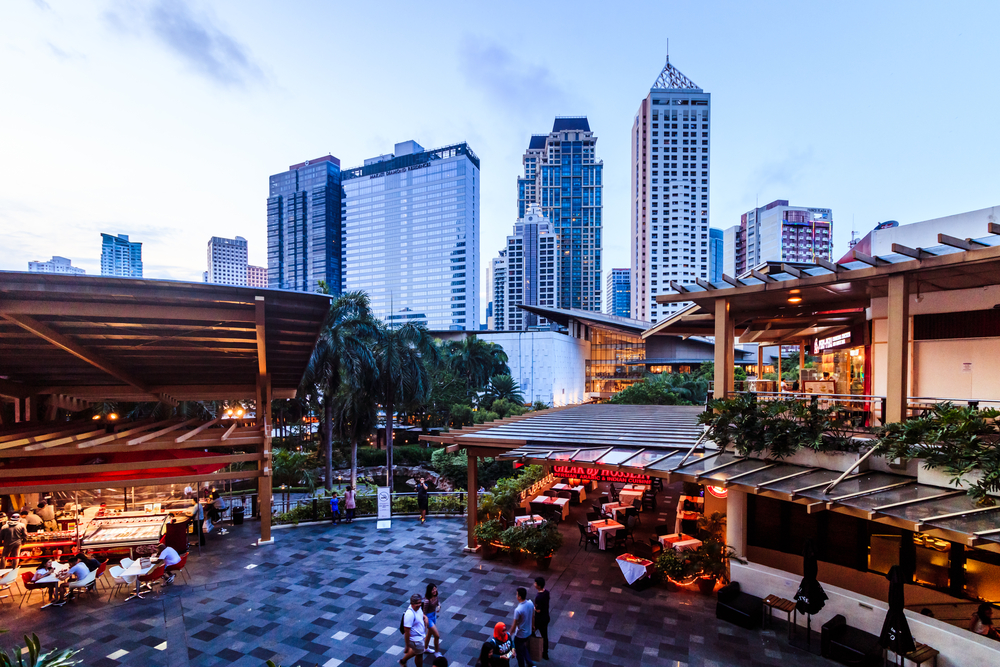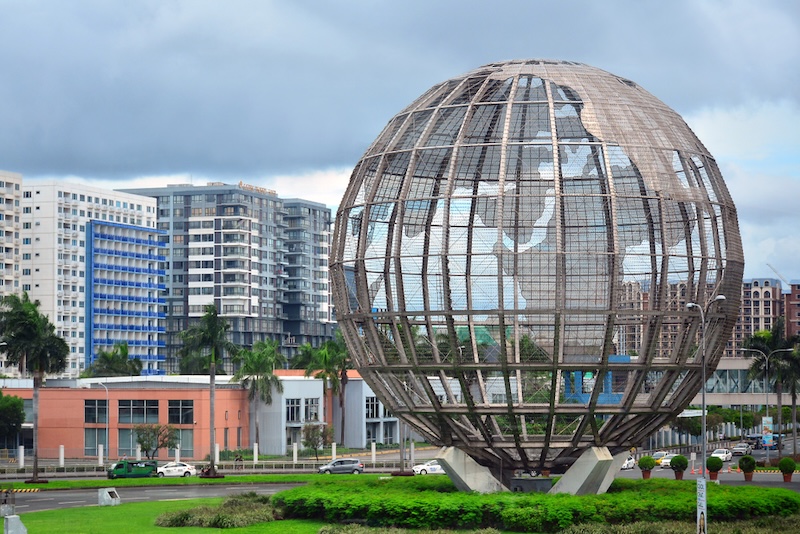Goods must be physically taken out of the Philippines by the tourist as accompanied baggage within 60 days from the date of purchase.
The Philippines is now value-added tax (VAT) -free for foreign tourists with the recent signing of the implementing rules and regulations (IRR) for Republic Act No. 12079, or the VAT Refund for Non-Resident Tourists. RA 12079 aims to boost tourism and encourage more foreign tourists to shop and spend more in the Philippines.
Its IRR was signed by Finance Secretary Recto, along with Bureau of Customs (BOC) Commissioner Bienvenido Y. Rubio, and Bureau of Internal Revenue (BIR) Deputy Commissioner Marissa O. Cabreros, on March 24, 2025. It was witnessed by Department of Tourism (DOT) Secretary Christina Garcia-Frasco, Office of the Special Assistant to the President for Investment and Economic Affairs (OSAPIEA) Secretary Frederick D. Go, and Department of Trade and Industry (DTI) Secretary Maria Cristina Aldeguer-Roque.



Under the IRR, non-resident tourists or foreign passport holders may apply for a VAT refund for locally purchased goods from accredited stores that are equivalent to at least PHP 3,000.
The VAT refund only applies to retail and tangible goods, such as clothing, apparel, electronics, gadgets, jewelry, accessories, souvenirs, food or non-food consumables, and other goods intended for personal use.
Related story: The globetrotter’s checklist for 2025
Related story: Louis Vuitton x Murakami Chapter 2 is a sakura lover’s dream
Secretary Recto underscored that the Philippines is poised to reap almost double the economic returns as it rolls out the law. “With a multiplier effect of 1.97, every 100 pesos spent by a tourist generates 197 pesos in economic output. Imagine that. Halos doble ang balik sa ekonomiya,” Secretary Recto said in his speech at the ceremonial signing of the IRR.
“And more money spent by foreign tourists means more businesses created, more Filipino workers hired, more jobs provided, higher incomes for our people, and more revenues for the government to collect. That’s the simple formula for growth,” he added.
Tourism Secretary Christina Frasco said, “According to the World Travel and Tourism Council, in comparison with our ASEAN neighbors, tourists that come to the Philippines spend the highest per capita at no less than 2,073 US dollars. And we foresee that with the implementation of this VAT refund act, we would be able to inure more benefits for our local tourism stakeholders in the component of shopping tourism.” Frasco added that the measure is expected to drive growth not only in retail but also in accommodation, transportation, and other tourism-related sectors, generating more economic opportunities for businesses and workers.
Recto stressed that effective execution is key to unlocking the law’s full potential, saying two things must happen: the country must establish a fully functional VAT refund system and a surge in inbound tourism. “We want more tourists to come — and we want them to stay longer, spend bigger, and transact with convenience.”



Secretary Recto vowed to ensure that the VAT refund process is simple, accessible, and culturally inclusive so that communities, businesses, and tourists will be able to maximize the law’s benefits to the fullest extent. “From our end at the Department of Finance, we aim to deliver a VAT refund system that is world-class, modern, and built on the principles of transparency, efficiency, and ease,” he said.
The IRR mandates the DOF to engage the services of reputable and internationally recognized VAT refund operators to provide end-to-end solutions to the government. Such refunds may be made electronically or in cash to enhance the ease of doing business.
Related story: Our summer picks from Polo Ralph Lauren’s newest store at Solaire
Related story: Incorporate F/W 2024 trends into your next trip (without overpacking!)
To his second point, Secretary Recto is counting on the DOT’s initiatives to market the Philippines as the right place to visit and spend their money in.
The DOF recognizes that connectivity is key to increasing tourism and, therefore, strongly supports infrastructure agencies in expanding airports, seaports, roads, and transport systems.
Secretary Recto also assured stakeholders that the economic team will accelerate the implementation of the Corporate Recovery and Tax Incentives for Enterprises to Maximize Opportunities for Reinvigorating the Economy (CREATE MORE) Act, the Public-Private Partnership (PPP) Code, and other economic liberalization laws to attract more investments that will fuel the growth of the tourism industry.
“Our shared goal should be clear: Tourists should leave the Philippines with more than just souvenirs. They should leave knowing that this is a country that delivers on its promises. A country that knows how to take good care of its guests. A country that doesn’t just welcome them with smiles—but with systems and policies that work,” the Finance Chief said.








